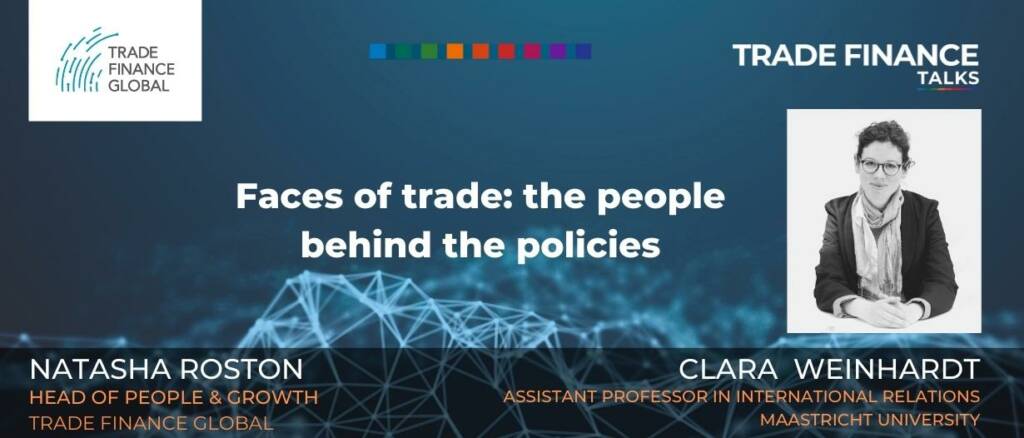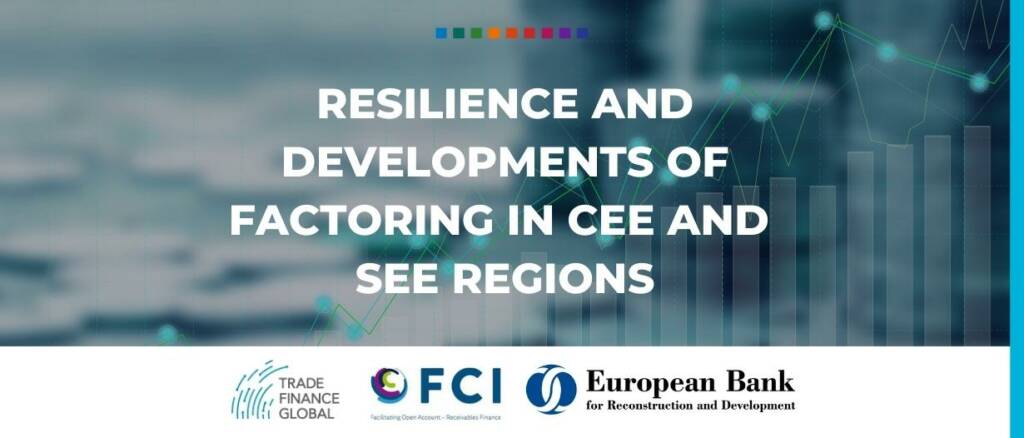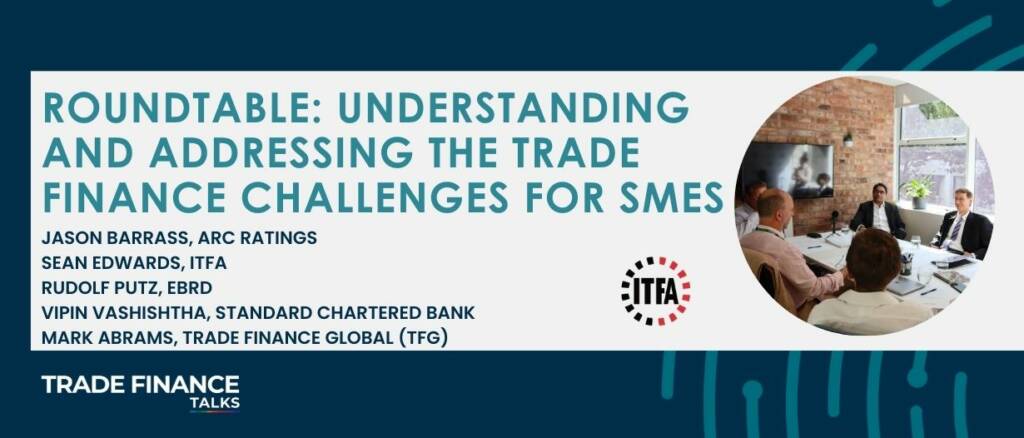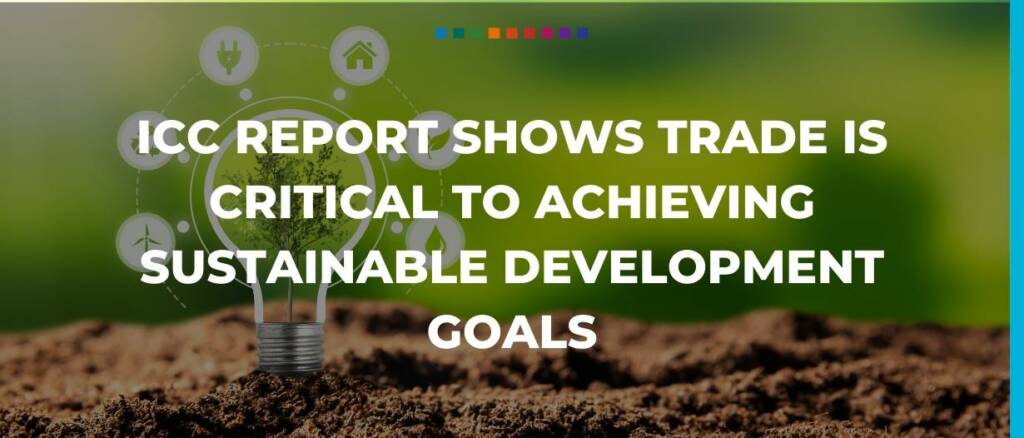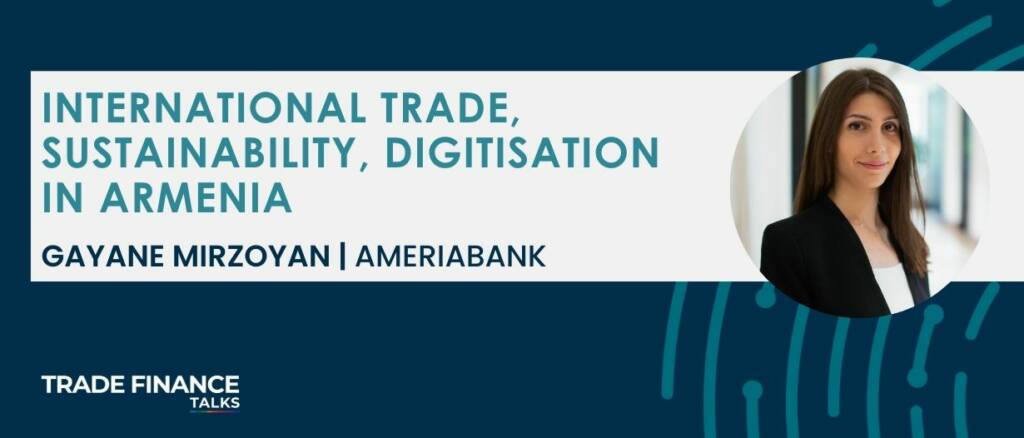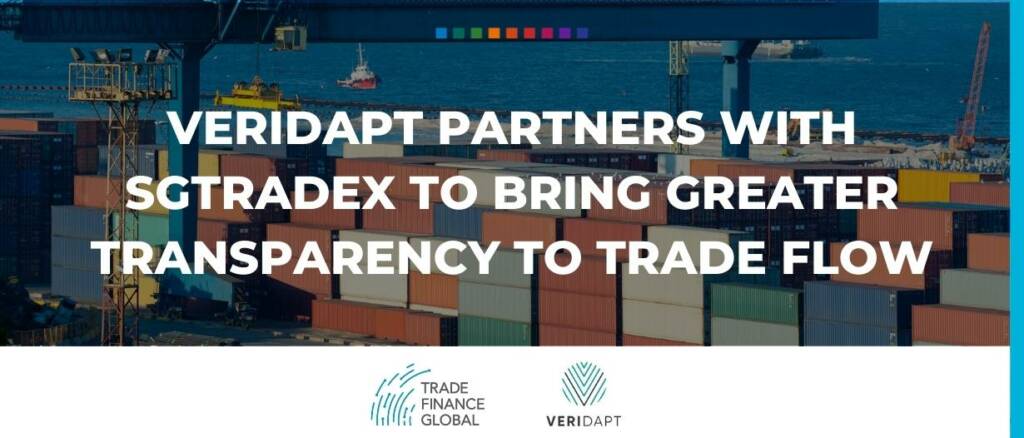Changing this mindset and highlighting the human lives behind international trade policy is what Clara Weinhardt, assistant professor in international relations at Maastricht University, hopes to do with the Faces of Trade Diplomacy project.
Trade Finance Global (TFG) spoke with Jason Barrass, chief commercial officer at ARC Ratings to learn more about the role that credit rating agencies can play in this shift,
On Friday, 23 September 2022, FCI, in partnership with the European Bank for Reconstruction and Development (EBRD), held the latest conference on the resilience and development of factoring in Central… read more →
This year’s ITFA 48th Annual Trade & Forfaiting conference, held in Porto, covered a few key themes, one of the most notable being the increasing trade finance gap, which impacts small- to medium-sized enterprises (SMEs) in emerging markets the most.
TFG’s Annie Kovacevic sat down with Gordon Cessford, president of Atradius US and regional head of Atradius in North America to understand more about political risks, emerging markets, and digitalisation.
With a global energy and food crisis peaking, alongside hiking inflationary rates and geopolitical tensions, it may seem that the road ahead for the African continent is not as straightforward as one would hope.
Speaking to George Wilson, head of institutional trade finance at Investec, Trade Finance Global (TFG) was able to find out more about the African eco-system.
A new report from the International Chamber of Commerce (ICC) highlights how trade plays a pivotal role in ending poverty, driving economic growth, and mitigating climate change.
Trade Finance Global (TFG) sat down with Ameriabank to discuss how shifts in the global trading ecosystem have affected the Armenian economy.
VERIDAPT, a digitised commodity monitoring management company, joined forces with Singapore Trade Data Exchange (SGTraDex) to provide banks, traders, and terminal operators with a new trade flow platform. SGTraDex, a… read more →
During a panel at ICC Austria’s Trade Finance Week, moderator Tomasch Kubiak, policy manager at the ICC Global Banking Commission, spoke with panellists Gabriele Katz, director of global transaction banking at Deutsche Bank; Angela Koll, senior business expert for trade and supply chain finance at Commerzbank; and David Meynell, owner of TradeLC Advisory and senior technical advisor to the ICC Global Banking Commission.















